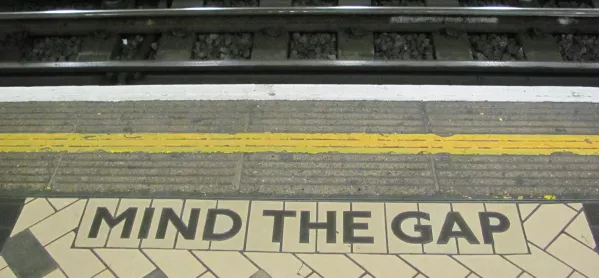Fewer than a third of white working-class boys from poor neighbourhoods will continue their academic studies after GCSE, a new report finds.
Only 29 per cent of this group - who face a “double disadvantage” - will take AS-, A-levels or another qualification after GCSE, compared with 46 per cent of white working-class boys living in more affluent areas and 68 per cent of boys from more advantaged families.
The research, published by social mobility charity the Sutton Trust, also shows that, overall, boys are less likely than girls to continue on an academic route after GCSE. Two-thirds (66 per cent) of girls take AS-, A-levels or another qualification compared with 55 per cent of all boys.
The attainment gap between poorer girls and their richer peers is also slightly less marked, with more than half (55 per cent) of disadvantaged girls going on to further study. This is compared with three-quarters (77 per cent) of the non-disadvantaged group, according to the report from the University of Oxford.
The Sutton Trust is calling on the government to ensure that extra resources are applied to pupils facing the double disadvantage of having low family income and living in a poor area.
Sir Peter Lampl, chairman of the Sutton Trust, said: “It is shocking that so few white working-class boys go on to take AS- or A-levels. We must redouble our efforts to address these attainment gaps and ensure that every pupil, regardless of family income, gender or ethnicity, has the chance to succeed.”
Today’s Background to Success report draws on data from 3,000 young people who have been tracked through school since the age of 3 for the effective pre-school, primary and secondary education (EPPSE) project.
The report, which shows how different combinations of factors affect young people’s educational life chances, recommends continued support for the pupil premium, which should be used to fund educational trips and out-of-school study opportunities.
Groups of students who are at particular risk of poor academic outcomes should also be identified and receive additional support to enable them to engage with activities, such as reading for pleasure and doing homework, that provide academic gains, it says.
Kevin Courtney, deputy general secretary of teaching union the NUT, said: “The report is right to point out that there is no ‘level playing field’ for children of different economic and social backgrounds.
“Education policy needs to take account of the differing experiences that children have in their communities and at home, and not assume that schools alone can overcome the multiple and significant challenges posed by poverty and social disadvantage.”




